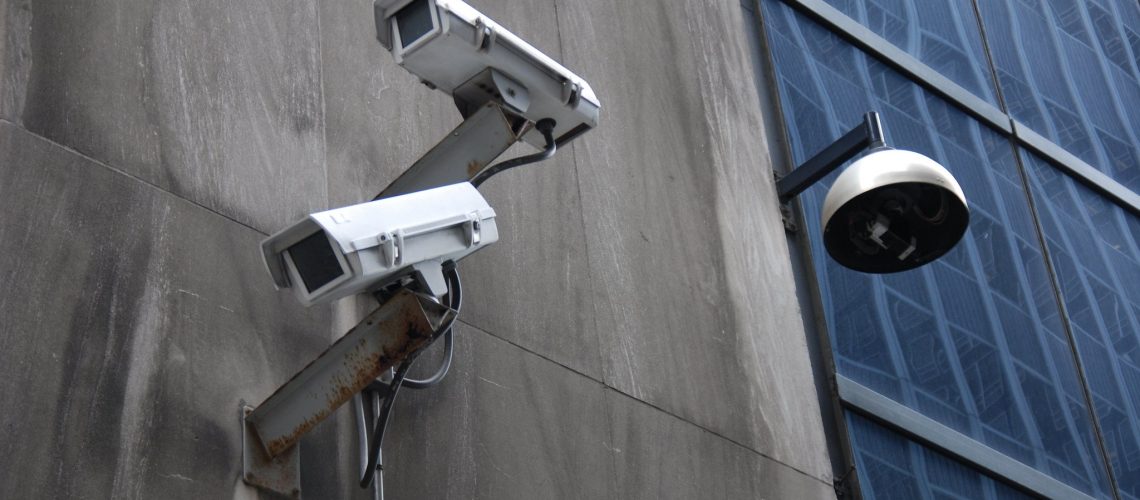Being under investigation is no laughing matter. Depending on the charges, a federal or state investigation could cost you thousands of dollars and years of your life. At Ralls & Wille, we regularly advise people who think they might be under investigation for drug charges, money laundering, white collar crimes, and other offenses. Below are four signs that you are being investigated.
Traffic stops:
Routine traffic stops are one tool used by law enforcement to identify the suspects in their investigation. The DEA might be conducting a large investigation into a drug trafficking organization, and if they see your car leave from a home or other location linked to the organization, agents might ask local officers to conduct a traffic stop to identify you. The local officer might not even know about the larger investigation—they are often happy to lend a hand to other officers and agents without more information.
To pull you over, the local officer only needs reasonable suspicion that you have broken a civil traffic law. Unfortunately, it is easy for officers to find these technical infractions. Some examples are tinted windows that are too dark, speeding slightly over the limit, crossing the lines on the roadway, and improper left turn into the wrong lane.
Target Letters and Grand Jury Subpoenas:
If you are under investigation by the Department of Justice (DOJ) and other federal agencies like the DEA, FBI, HSI, or ATF, they may give you a target letter. A target letter notifies the target of an investigation about the investigation. This is a standard policy of the DOJ if they are not concerned about their target running or destroying evidence.
In addition, the DOJ may be working with a grand jury to conduct an investigation. A grand jury is a group of citizens brought together to investigate and decide whether to bring charges against someone. The grand jury has many powers. One power is to issue subpoenas to get documents from businesses and financial institutions. If businesses or banks linked to you are receiving subpoenas for your information, you are likely related to a criminal investigation.
Notice of Wiretaps and Search Warrants:
Law enforcement has the obligation to notify people when they execute a warrant. Warrants are a kind of court order giving officers the authority to search in places that are private. Before officers can search your home, they generally need a warrant. After going into your home, they will leave a notice that they have searched the location. Similarly, officers need a warrant before they can listen to your phone calls. If a court gives officers the power to listen to your calls, the officers will eventually need to notify you. Unfortunately, prosecutors and officers can ask the court to delay this kind of notice. Most often, you learn about the warrants or wiretaps after they have been completed.
Encounters with investigators:
When investigators think they have a lead but need more information, they sometimes simply approach the suspect or people around the suspect. You are not required to engage in a conversation with these investigators. In fact, our recommendation is that you get a lawyer before ever talking with investigators for your own protection.
Having a lawyer to help you communicate with investigators is especially important because investigators are not necessarily required to be particularly truthful when they speak to you. They may exaggerate the strength of evidence they have against you in an effort to scare you and pressure you to talk more, thereby giving them more evidence.
Having a lawyer to help to with investigators is also important because you are required to be truthful when giving answers to the government. It is better to say nothing at all if you have nothing good to say. A good attorney can help you remember that when communicating with investigators.
(Although, if you speak with them, you are required to be truthful).
If you are afraid that you are under investigation, schedule a meeting with one of our attorneys. We can help you get peace of mind and prepare a defense if necessary, so don’t delay.
Photo by Jonathan McIntosh at Flickr Creative Commons. No modifications.


